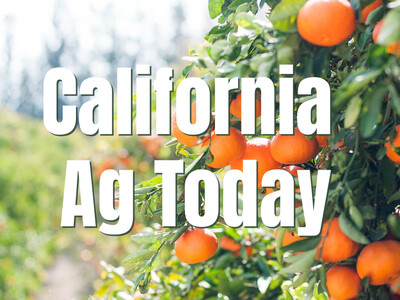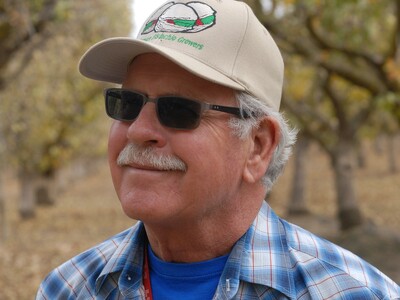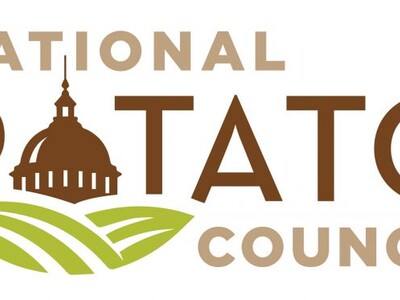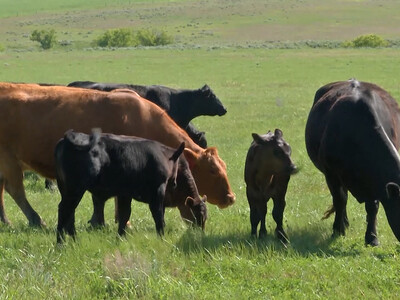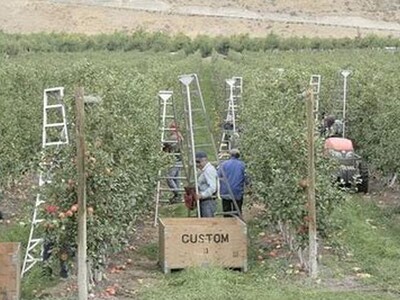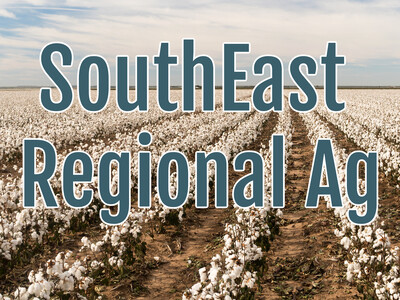Ted Kuch 2
Yesterday, Ted Kuch, recently retired from the US Fish and Wildlife Service where he spent 30 years as an endangered species biologist, came into my office and we started reflecting back on his career. One of his biggest assignments during that time was working with state and federal agencies to try and preserve cold water for the bull trout species which cannot live in warmer waters. I asked him how it was that he could help keep cold water, just that, cold."So bull trout, of course, occur in Montana, Idaho, Washington and Oregon and a tiny little bit in Nevada. They used to be in California, but they're gone. And then up into Canada. And so what gives you cold clean water is stable mountains. So if you clearcut too much or cut too much timber, particularly too close to streams, you get more sunlight hitting the stream. You got sediment entering the stream from poorly managed roads, which makes the streams shallower and wider. And they pick up more heat that way. So poor road building, poor timber practices is what can lead to poor bull trout habitat. Fortunately, I know my experience in my career, working with the timber industry is they came a long way over my 30 years in doing right by streams. And one reason is a forester friend of mine once pointed out is that loggers like to fish, too. Yeah. Which is great.
And so, you know, working with others to conserve ecosystems that we and other species depend upon really is what I had the pleasure and the opportunity to do as a public servant for Americans. That's how I did it with bull trout.






